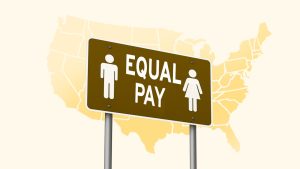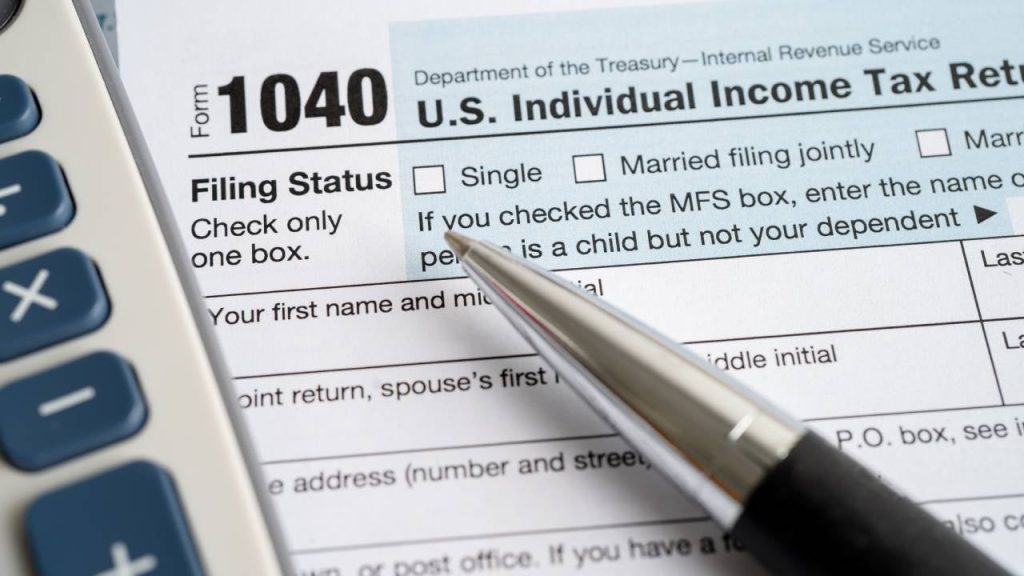sasirin pamai/Getty Images
A tax advisor is a type of financial advisor who focuses on managing and optimizing the tax issues of individuals and businesses. Tax advisors may specialize in a specific area of tax, such as taxes for high-net-worth individuals, business taxes, partnership taxes and more.
Here’s what else you should know about tax advisors, including the pros and cons of using one and when you should consider hiring one.
It’s easy to find a qualified financial advisor to guide you through life’s most important financial decisions.
Try Bankrate’s free AdvisorMatch service to quickly get connected to a CFP® professional who can help you achieve your financial goals.
What is a tax advisor?
A tax advisor is someone who manages the many issues surrounding your taxes. A tax advisor focuses on obvious issues such as minimizing taxes but also creating strategies to defer or reduce taxes, finding tax-advantaged investment opportunities, setting up tax-advantaged estate plans and planning taxes for businesses and partnerships, especially for the wealthy. In short, a tax advisor may play a role at any point where you put your money to work.
A tax advisor may be trained as an accountant, lawyer or a financial advisor. A tax advisor generally differs from a tax preparer in that advisors focus on year-round strategic tax planning for your overall financial life, while a preparer may focus simply on filing your tax return at tax time.
What do tax advisors do?
Here are some typical services performed by tax advisors.
- Minimizing taxes
-
Minimizing taxes includes finding tax credits and deductions, tax-loss harvesting and realizing adjustments as well as finding potential future reductions. Of course, competent advisors stay on top of changes to the tax code.
- Deferring taxes
-
Sometimes you may be able to defer some kinds of taxes instead of realizing gains today, helping you compound your wealth faster.
- Finding and maximizing tax-advantaged investments
-
A tax advisor may be able to find investments that have special tax advantages, such as opportunity zone credits. Advisors also can help you maximize the benefits of tax-advantaged retirement accounts such as 401(k)s and IRAs. For example, a tax advisor can help you determine whether the potential tax benefits of Roth IRA conversions make sense for your situation.
- Arranging tax-advantaged estates
-
When it comes to planning your estate, you want to think carefully about having the right legal structure to reduce the impact of the estate tax.
- Preparing taxes
-
A tax advisor can get down to the nitty-gritty of actually preparing your taxes and everything that entails, including income taxes, capital gains taxes and more.
- Optimizing business taxes
-
Business taxes can be complex, and a tax advisor working with high-net-worth individuals — many of whom own a business — can help reduce and optimize taxes for these businesses or partnerships. For example, a tax advisor can determine whether your business might qualify for the valuable deduction for qualified business income.
Pros and cons of tax advisors
Tax advisors can provide a lot of value to their clients, but you’ll want to consider the downsides, too.
Pros
- Specialized expertise. Unlike other types of financial advisors who may have tangential tax expertise, a tax advisor is focused specifically on tax issues and how they impact your financial life, offering depth of knowledge in the field.
- Strategic thinking on taxes. A tax advisor can help you think strategically when it comes to your financial life, taking taxes into consideration from the start and incorporating tax considerations into your plans. For example, a tax advisor may be able to maximize your after-tax investment gains through strategic planning.
- May hold other professional certifications. A tax advisor may hold other professional designations that demonstrate additional expertise or even a fiduciary duty to clients.
Cons
- One tax advisor may not be enough. The tax code is so complex that even a highly competent tax advisor may not know all the ins and outs of every area. So a single tax advisor may not suffice if your tax situation is highly complex.
- Better for wealthier clients. Tax advice may save you money in the long run, but there’s no doubt it can be expensive, and you’ll likely have to pay the bill long before the tax benefits show up in your financial accounts.
When to get a tax advisor
A tax advisor can be valuable at many different points in your financial life, not only tax time. A basic advisor or tax preparer can help you at tax time and with tax preparation, but a tax advisor can be integrated with broader decision-making if it makes sense for your situation.
- You have a significant business or investments. Since tax advisors focus on taxes created from income or wealth, you’ll need some of those for an advisor to make sense, beyond basic tax prep. Of course, basic tax minimization for investments can be handled by an investment manager, but if you have your own business, a partnership or investments, a tax advisor could start to make financial sense quickly.
- You have a complex tax situation. If you have other complex tax situations, a tax advisor may make sense. Tax touches on so many different things, such as estates and trusts, that any move may quickly require an advisor. Again, as soon as you start making decisions with a significant amount of money, you need to make the right decision from the start, or it could cost you much more than you’d pay for advice.
- Your tax affairs have become too complicated. It can make sense to get a tax advisor when your financial situation becomes too much to handle. As your finances become more complicated, you may quickly find yourself out of your depth. Calling in an experienced advisor can get the work done and get it done right.
How to find a tax advisor
Finding the right tax advisor is important, and you may need someone specialized in exactly your areas, since tax is so broad. Of course, you need someone who you can trust and who understands your needs and what you’re looking for. So you’ll want to treat finding a tax advisor like an interview and search out multiple potential advisors to find the best choice.
Family and friends may offer recommendations, and recs here are a great place to begin. But you’ll need to be sure that an advisor offers the services that you want. Regardless of the kind of advisor, here are the top tips you need to know for finding the right advisor.
Finally, if you’re looking for a tax advisor, Bankrate offers a financial advisor matching tool to match clients with advisors in minutes.
Read the full article here









